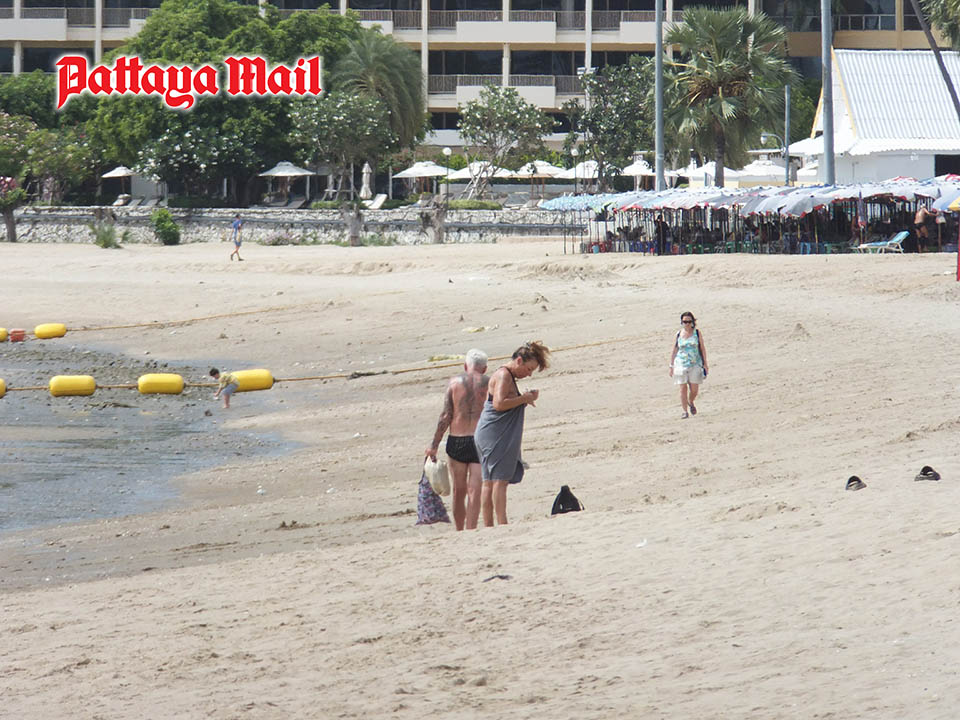Strong Thai baht pressures fragile tourism sector, shortens stays in already expensive Pattaya
Thai baht hits 7-month high, casting a shadow over Pattaya’s fragile tourism recovery as foreign visitors tighten spending.
PATTAYA, Thailand – The Thai baht has surged to its strongest level in seven months, reaching 33.03 baht per US dollar as of May 2. While this strength reflects growing foreign investor confidence, it is placing significant pressure on Thailand’s already fragile tourism sector, especially in destinations like Pattaya that rely heavily on spending from international visitors.
Earlier in the week, the baht temporarily weakened in line with falling global gold prices. However, it quickly regained strength mid-week, supported by foreign capital inflows into Thai stocks and bonds. These inflows came ahead of the Bank of Thailand’s decision to cut its policy interest rate by 0.25%, bringing it down to 1.75%, in a move aimed at supporting domestic economic activity.
Despite Moody’s recent downgrade of Thailand’s credit outlook from “Stable” to “Negative,” the baht continued to appreciate. This was driven by a broader trend of regional currency strength, particularly the Chinese yuan in offshore markets, following early signs of a potential restart to US-China trade negotiations. The rise in global gold prices further strengthened the Thai currency.
On Friday, the baht closed at 33.05 to the dollar, a notable gain from the previous week’s close of 33.56. Between April 28 and May 2, foreign investors bought a net total of 1.49 billion baht in Thai equities. However, they pulled out a net 7.41 billion baht from the Thai bond market, with 7.412 billion baht in bond sales and an additional 1 million baht from bond maturities.
Kasikorn Research forecasts that the baht could fluctuate between 32.80 and 33.80 per US dollar during the upcoming week. Major economic events expected to influence its direction include the US Federal Reserve’s policy meeting on May 6–7, the Bank of England’s meeting on May 8, ongoing uncertainty in US-China trade relations, fluctuations in global gold prices, foreign capital movements, and Thailand’s inflation data for April 2025.
For Pattaya, the stronger baht presents an immediate challenge. With foreign currencies like the euro, pound, and ruble weakening, international tourists are finding Thailand increasingly expensive. This is leading to reduced spending, shorter stays, and in many cases, holiday cancellations altogether. Local business owners in Pattaya, still struggling to recover from the impact of the pandemic, now fear this currency strength could undo months of progress. Many report that tourist numbers and hotel bookings remain well below expectations, even as the high season approaches.
Although the Thai stock market has seen moderate gains and investors are cautiously optimistic about trade tensions easing, the real economy—particularly in tourism-reliant areas—is far from stable. Without a reversal in currency trends or additional government support, Pattaya’s economic recovery could once again stall, threatening livelihoods in a city that depends on welcoming the world.



